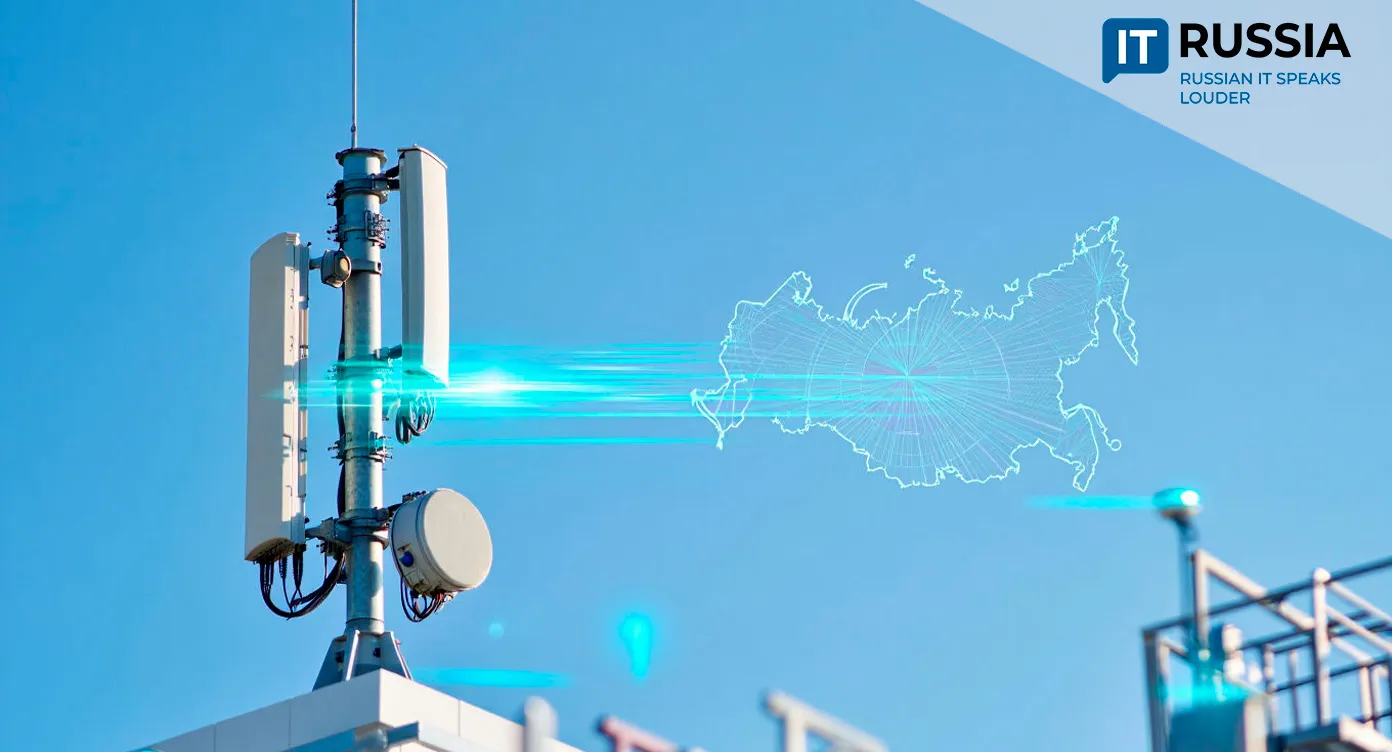A Service Revolution: Russia Employs an AI Agent in a Taxi Support Center for the First Time
A breakthrough AI deployment in Russia is reshaping customer support as Yandex Taxi becomes the first service in the country to employ an autonomous AI agent capable of handling user requests at scale

An AI Agent Joins the Support Team
Yandex Taxi has introduced an AI agent into its customer support operations, becoming the first company in Russia to use such technology in production. Built on large language models and autonomous agent logic, the system analyzes requests, makes decisions, and performs actions without human intervention.
According to the company, response times have increased significantly while operator workload has decreased. Beginning next year, the system is expected to save the service more than $7,422,987, without reducing service quality. The agent helps users reorder rides, notifies drivers about forgotten belongings, and maintains ongoing dialogue with clients.

Right now, the AI agent independently resolves 60 percent of all text-based customer requests. This offloads routine tasks from human operators, allowing them to focus on complex cases. Response speed has grown by a factor of 1.5, and the AI now processes more than 450,000 support interactions per week without operator help.
A specialist joins the conversation only when the issue is highly sensitive or when the model expresses uncertainty, in which case the request is automatically escalated.
How the Technology Works
The system relies on four large language models based on Alice AI LLM, each responsible for a different part of the workflow. All models were additionally trained on anonymized real support dialogues.
The first model determines whether a request requires human attention or can be handled autonomously. If the latter, a second model applies a Retrieval-Augmented Generation (RAG) method to find similar cases and relevant documentation. The AI agent then generates the response and activates internal services when necessary: it can issue refunds, reorder a car, or send promo codes.

A fourth model acts as a critic, evaluating each answer for accuracy and alignment with service standards. Multiple layers of quality control ensure that AI-generated responses match the reliability of human operators.
By 2026, Yandex Taxi expects to automate up to 70 percent of text-based support for both passengers and drivers. Eventually, the technology may expand across the Yandex Go ecosystem — including Scooters, Drive, Bery Zaryad, and more.
Towards the Future of Services
The integration of large language models with autonomous agents is a striking example of how Russian AI technologies are being deployed at scale in major businesses. These solutions enhance everyday convenience for users, enabling faster, higher-quality service delivery.

The AI agent model can be applied to municipal service platforms, banking support centers, telecom providers, and smart-city systems. It may also be integrated with Russia’s Gosuslugi digital-government platform or adapted for healthcare and utilities.
Such deployments support national goals within the Data Economy and Digital Transformation programs, strengthen AI infrastructure, and build domestic expertise. Because the system is based on Russian technologies and infrastructure, its components — speech-recognition modules, analysis pipelines, bots — could become viable export products for CIS and Global South markets.










































